Top 10 Small Cars In Canada in 2025
If you’re looking for a small car, you can narrow your options further with our handpicked list of the top 10 best small cars in Canada in 2025.
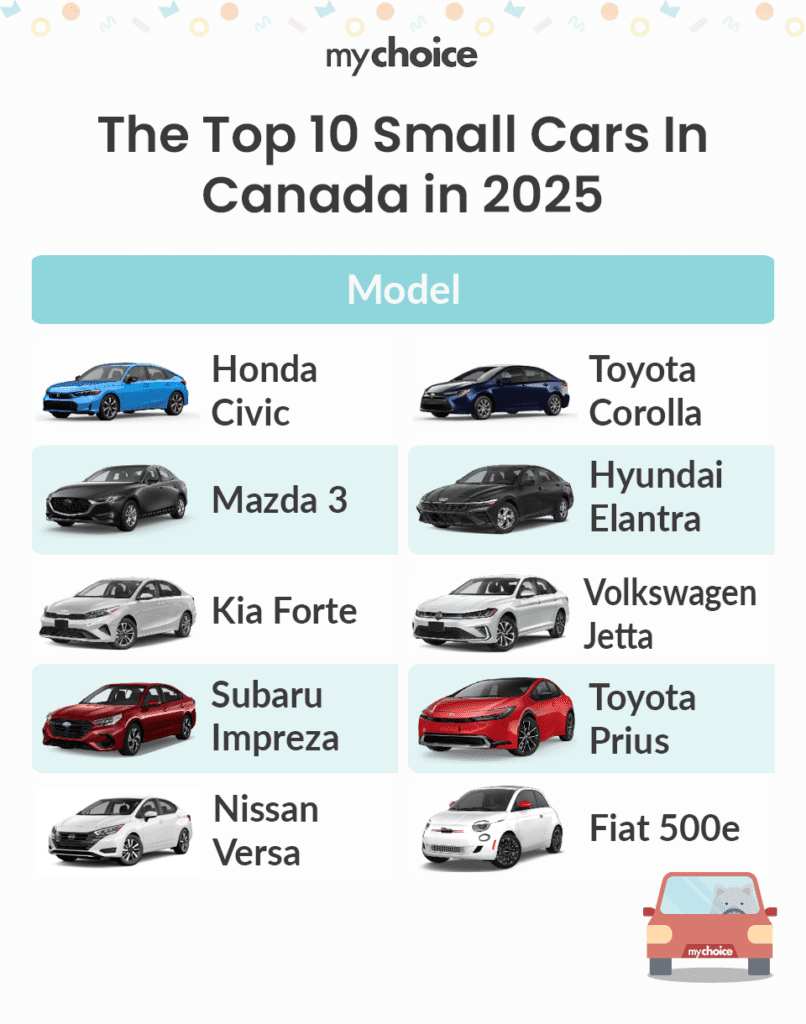
Honda Civic
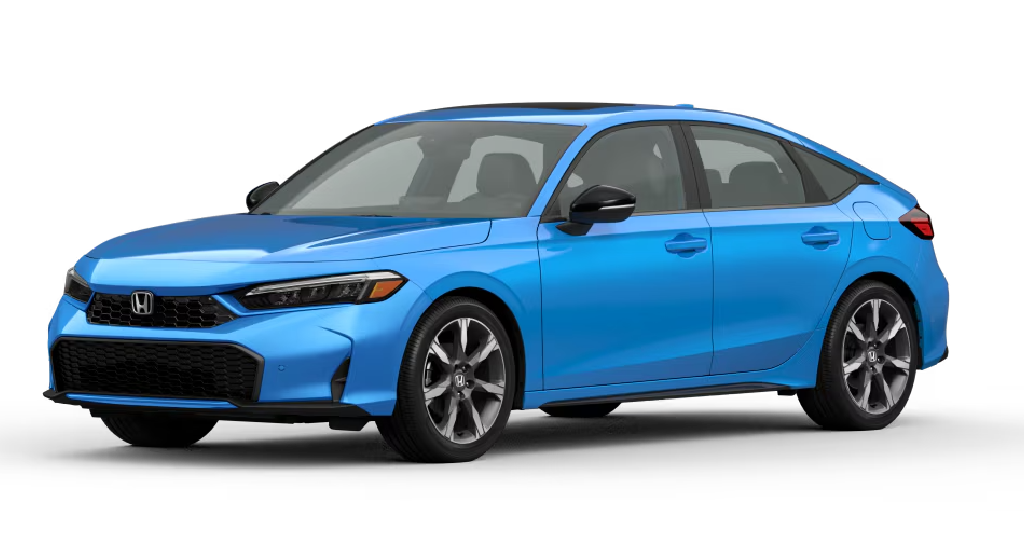
Since its introduction in 1972, the Honda Civic has maintained its position as one of the most reliable and best-selling cars in the world. In Canada, the Civic has been the best-selling car for the last 24 years.
Why? According to the Kelly Blue Book, a trusted resource for automobile pricing, the 2025 Civic does “just about everything right.” It looks good, has excellent handling, and boasts a long-standing record of reliability and resale value.
The 2025 Civic is available as a sedan or roomy hatchback. It also comes with a spate of safety and driver assist technologies thanks to its Honda Sensing safety tech suite.
Toyota Corolla
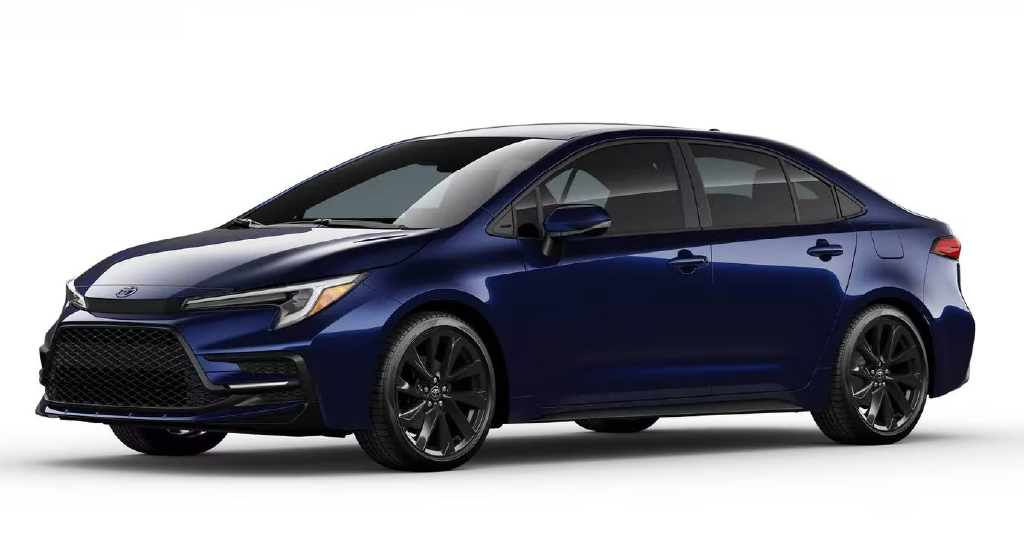
The Toyota Corolla has always followed closely behind the Civic in terms of sales. This is thanks to its impeccable fuel economy, hefty package of safety gear and driver assist technology, comfortable sedan rear seats, and affordability.
When compared to the Civic, it pales in terms of cargo space and maximum horsepower output. Still, as Forbes puts it, the Toyota Corolla is “more of a value-packed commuter than a thrill machine.” And for many, that’s more than enough.
Mazda 3
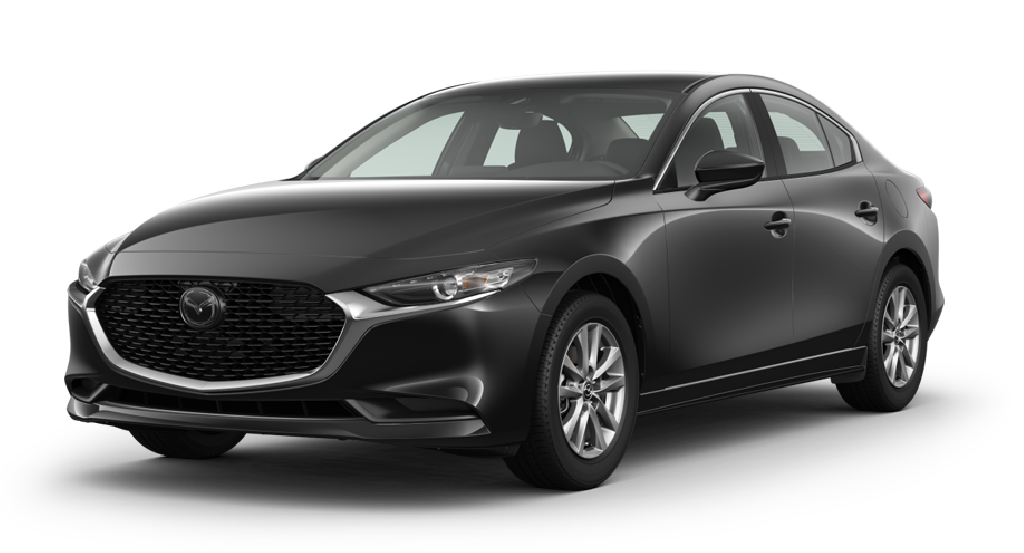
With a sleek profile, premium interiors, fun handling, and all-wheel drive, it’s hard to deny the Mazda 3’s appeal. Sure, it doesn’t get the same fuel economy as most of the others on this list, and its cargo space and back seats are nothing to write home about.
But enthusiasts don’t really get the Mazda3 for its practicality. Instead, it’s a great option for those who want the premium experience at the price of a compact car.
Hyundai Elantra
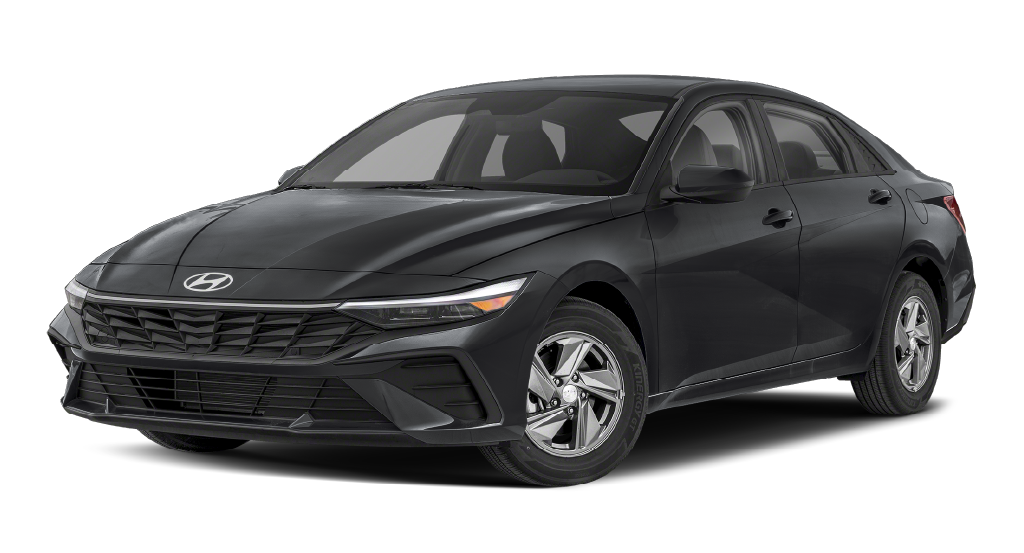
If you want a handsome car that can turn heads, look no further than the Hyundai Elantra. Aside from its good looks, the 2025 Hyundai Elantra model also boasts a high fuel economy, a spacious and comfortable cabin, and an impressive collection of driver assist and safety features. It may not have the most powerful base engine or the most nimble handling, but it’s a solid commuter and a great all-around car.
Kia Forte
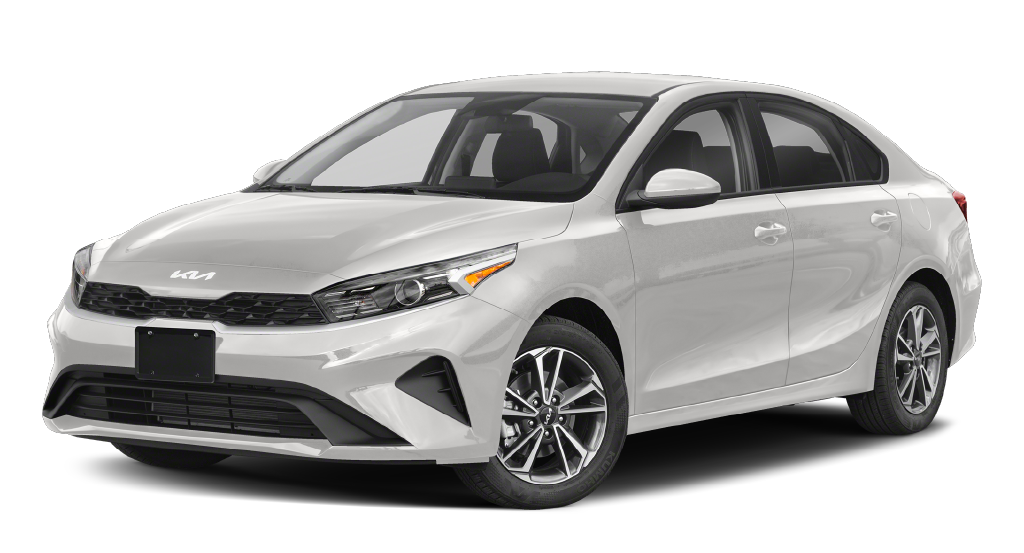
For its affordable price, the Kia Forte comes with a variety of impressive features, from responsive tech systems to 15.3 cubic feet of trunk space (more than most of its competitors in its class). It also boasts excellent fuel economy, well-built interiors, and a comfortable cabin despite its small size. Overall, it’s a practical utility vehicle with a lot to offer.
Volkswagen Jetta
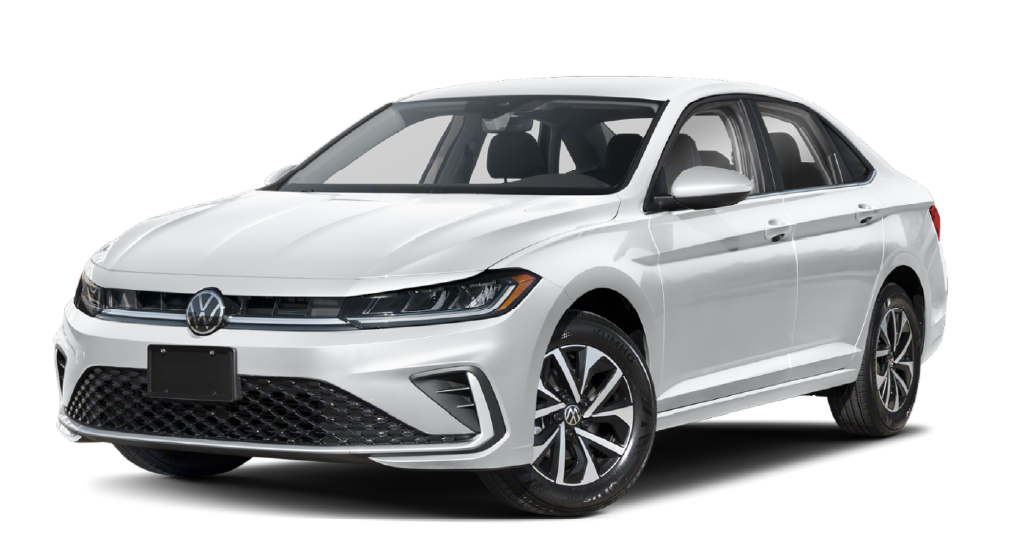
Don’t be fooled by this car’s conservative styling. The Volkswagen Jetta has enough features to compete with the likes of the Honda Civic and the Toyota Corolla – the top brass of this class of vehicles. It has decent fuel economy, a plushy premium cabin, and tons of cargo and cabin space – 14.1 cubic feet of trunk space to be exact.
Subaru Impreza
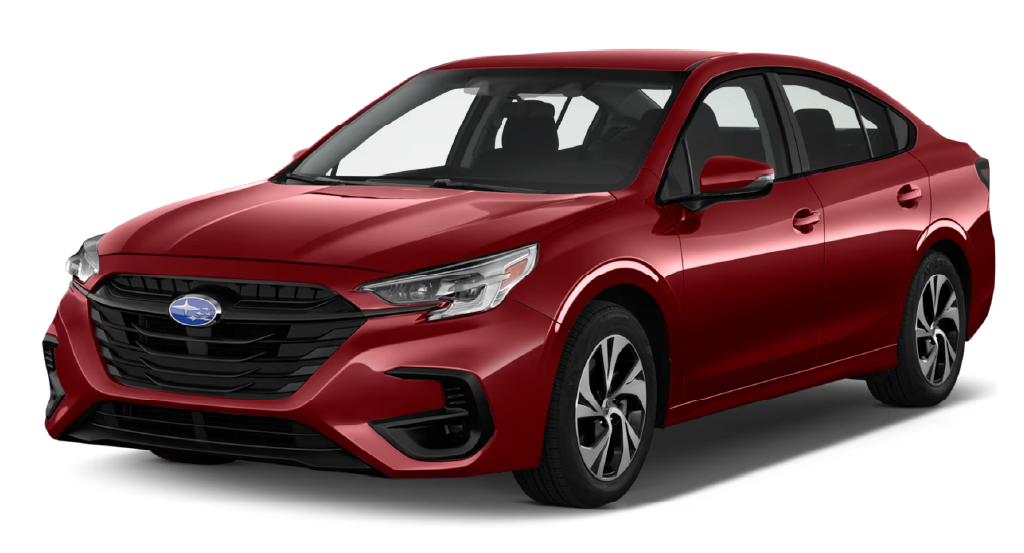
The Subaru Impreza has been a trusted companion of Canadian drivers for decades with its standard all-wheel-drive capability and reputation for reliability. For the 2025 model, the Subaru team has refined the car’s five-door hatchback design while boosting performance, handling, and comfort features. The car offers an 11.6-inch touchscreen, wireless Apple CarPlay and Android Auto, and an updated interior that feels more upscale than you might expect in a compact car. The classic SUBARU BOXER engine is powering the base models, making 152 horsepower, but drivers craving more get-up-and-go can opt for the RS trim with 182 horsepower.
Toyota Prius
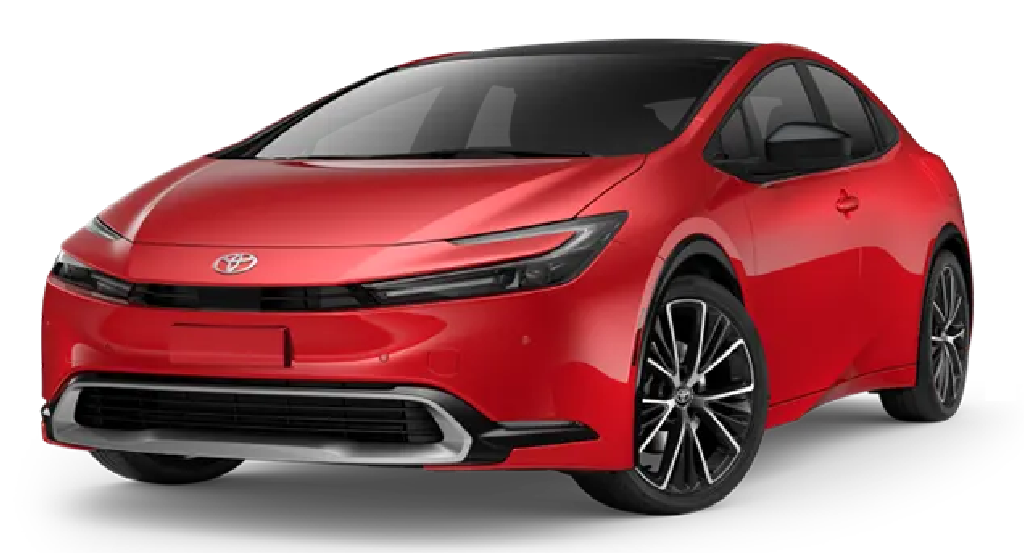
With fuel prices skyrocketing, hybrid and electric vehicles are becoming a more practical choice. The undisputed king of hybrids is still the Toyota Prius, one of the most affordable, fuel-efficient, and spacious hybrids on the market. The 2025 model is particularly exciting as the popular car gets a facelift.
Nissan Versa
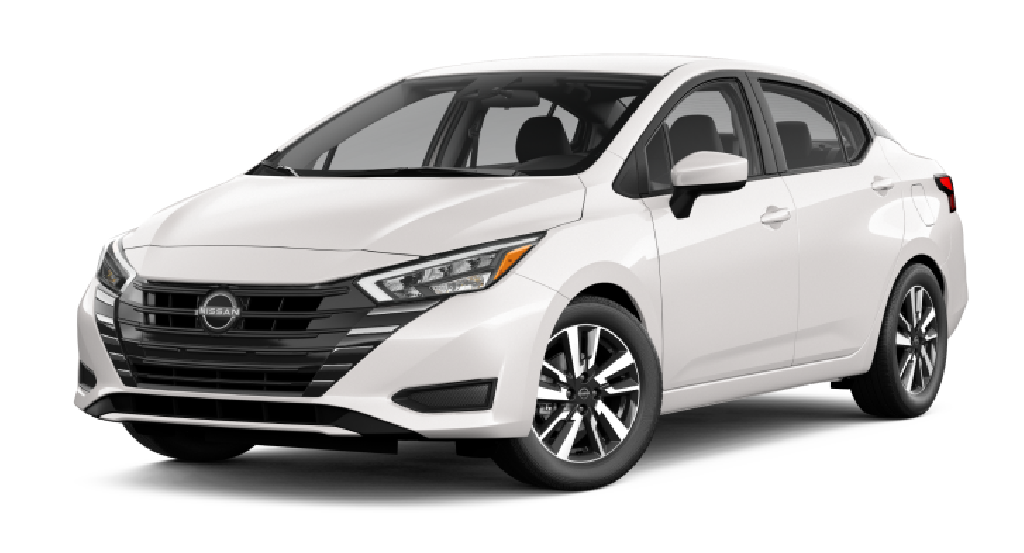
The 2025 Nissan Versa is currently the cheapest subcompact on the market. But despite being a budget vehicle, it doesn’t skimp on comfort. It offers a smooth ride and accurate steering, as well as stylish, soft-touch surfaces inside. It may not have the most powerful engine but it’ll keep you safe with its long list of standard safety and driver-assist technologies.
Fiat 500e
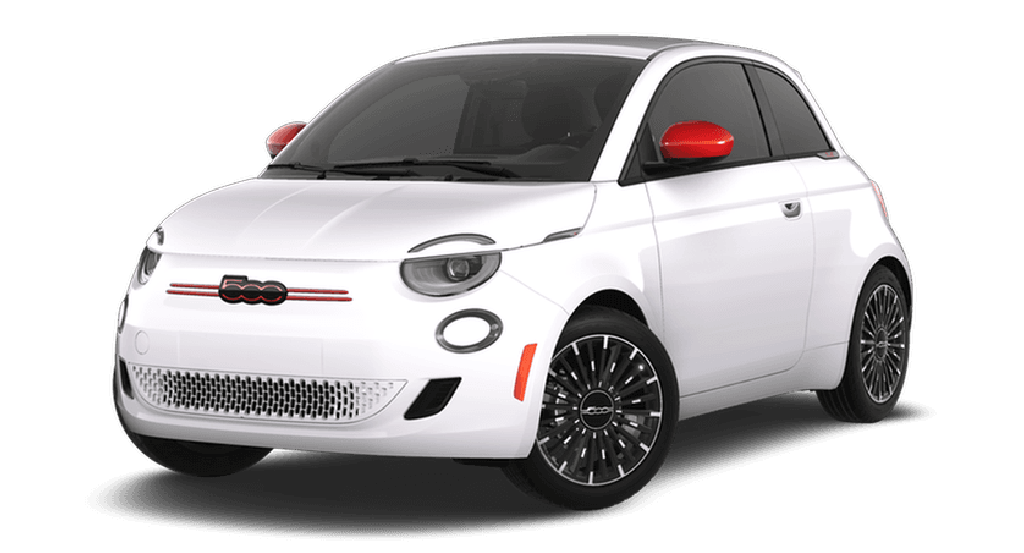
The 2025 Fiat 500e marks the return of the iconic Fiat 500 to North American roads, this time exclusively as an electric vehicle. The 500e is expected to be powered by a 117-hp electric motor paired with a 32.3-kWh battery pack. In Europe, this setup offers a driving range of up to 199 miles per charge, though this figure may be slightly lower under EPA testing in America. The 500e retains the retro-modern charm of its predecessors but with an updated exterior and a more upscale interior, moving away from the previous generation’s plasticky feel.
Most Reliable Small Cars In Canada
Based on the 2024 Top Safety Pick from IIHS, these are the most reliable compact cars in Canada:
- Honda Civic (sedan, 2025 model)
- Toyota Prius (hatchback, 2024 model)
- Acura Integra (hatchback, 2025 model)
- Mazda 3 (hatchback, 2025 model)
- Mazda 3 (sedan, 2025 model)
Why Should You Buy A Small Car?
There’s no denying that SUVs and pickup trucks have eclipsed smaller vehicles in terms of sales and popularity in recent years. But that doesn’t mean buying a small car isn’t a good idea anymore. On the contrary, there are actually tons of benefits to owning a small car.
Below, we highlight some of those benefits and recommend some of the best small cars in Canada today.
Small cars don’t need a lot of fuel, can be parked in relatively small spaces, and are just fun to drive. Don’t believe us? Let’s look into these and other reasons why you should buy a small car.
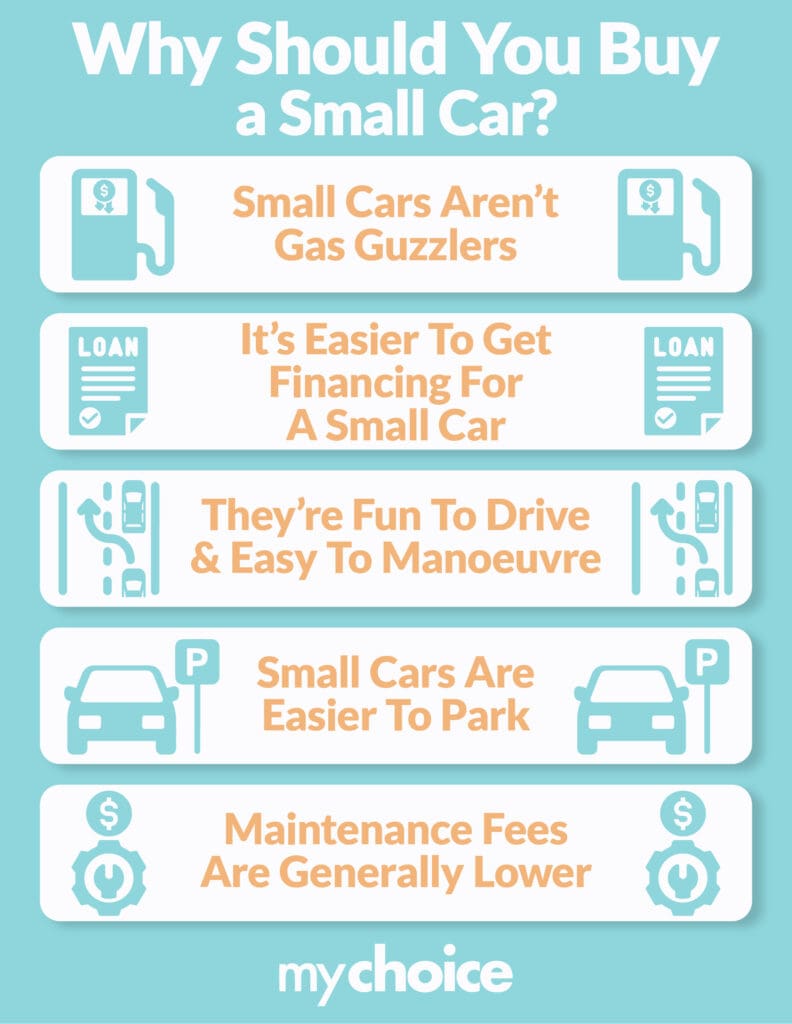
What To Consider When Buying A Small Car
Not all compact cars are made the same. When looking for a new car, consider which of the following factors are most important to you:
The Bottom Line
Small cars are great because they’re fuel-efficient, affordable, and easier to drive and park. If you’re looking for a reliable small car, one of the vehicles listed above is sure to fit your needs. Keep in mind, though, that what matters most to you may vary, so be sure to consider all of your needs when making your purchase.
Whatever car you choose, make sure you’ve got a good insurance policy that can protect you from accidents and theft. MyChoice makes it easy to compare insurance quotes from top providers. Get tailor-fit car insurance in just three minutes now!








